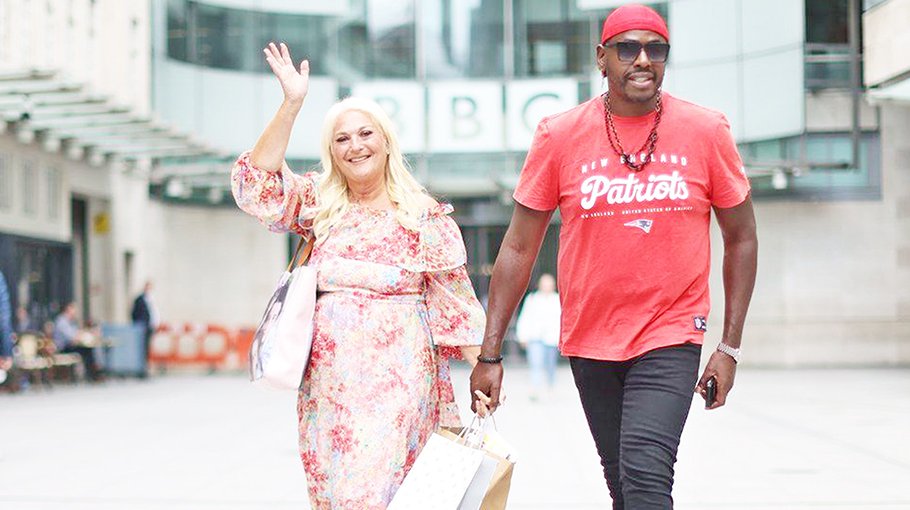BBC presenters: What's behind the large number leaving?

A large number of presenters have left the BBC in recent months - either by force or by choice. Their departures have invited some uncomfortable headlines and questions for the corporation in the process.
And yet, it is hard to pinpoint a single driving force behind the recent exodus, because there's a whole host of reasons for it.
Radio 2 is going through a particularly tumultuous time, while many of the biggest names in news and podcasting have been lured away.
Vanessa Feltz, Simon Mayo, Andrew Marr, Peter Crouch, Emily Maitlis, Jon Sopel, Dan Walker, Steve Wright, Paul O'Grady, Craig Charles, Graham Norton, Shaun Keaveny and Sue Barker are some of the biggest names who have either been poached, dropped or demoted. Many of them have left the corporation entirely, although a few still do some work for the BBC.
There are credible industry rumours that another popular BBC podcast is also about to jump to the commercial sector at the end of its current season, taking its presenters with it.
But what is behind the current raft of departures?
"Each one will be unique to the individual, but broadly speaking, there's a handful of reasons people are making the choice to leave," says Jake Kanter, media correspondent for the Times.
"A big one that we've seen in recent months and years is reorganisation at the BBC, particularly in the newsroom. A lot of that is driven by the need to reduce costs, and therefore a lot of people have simply taken voluntary redundancy (VR) and left by choice."
The BBC's VR programme, a result of cost-cutting measures and a drive to move more staff out of London, has seen many experienced producers and journalists leave - a brain drain that often goes underreported compared with the departures of celebrities.
"But there are lots of other tensions at play," Kanter continues. "For example, top stars absolutely loathe having their salaries published."
Since 2017, the BBC has been required to publish the salaries it pays sections of its top talent. Simon Mayo described it as an "annual turkey shoot", while Graham Norton said it was "not comfortable and not nice". Both have left their BBC radio jobs in recent years.
Steven Barnett, professor of communications at the University of Westminster, says: "Because the BBC was forced - partly through a campaign driven by a self-interested press - to reveal top salaries, its commercial competitors know exactly where to pitch their offer.
"If a presenter is offered a 50% increase in salary without the hassle of a public spotlight on their earnings, that's a very attractive proposition even for those committed to the BBC's public service ethos. It was a terrible mistake to force the BBC to reveal its top talent salaries, and I suspect this problem will only get worse."
Some stars, like Zoe Ball and Gary Lineker, have taken pay cuts following the scrutiny. But many talent agents won't be best pleased when their clients do this, as they lose some of their commission in the process.
Kanter suggests: "What we're going to see increasingly, I think, is the BBC effectively hiding salaries through its commercial division or independent production companies.
"And it's not just salaries - top news stars have their third party earnings disclosed if they're doing a conference or after-dinner speaking gig, and that is very unappetising for a lot of presenters."
One side effect of the salary publication is that it acts as what former director general Tony Hall described as a poacher's charter - giving commercial rivals a chance to outbid the BBC for top stars.
This issue is compounded by the ever-expanding media industry, which means there are more companies around to do the poaching. Feltz, for example, moved to the recently-launched Talk TV, while the huge investment in podcasts has seen Maitlis, Sopel and Radio 1's Chris Stark move to Global.



